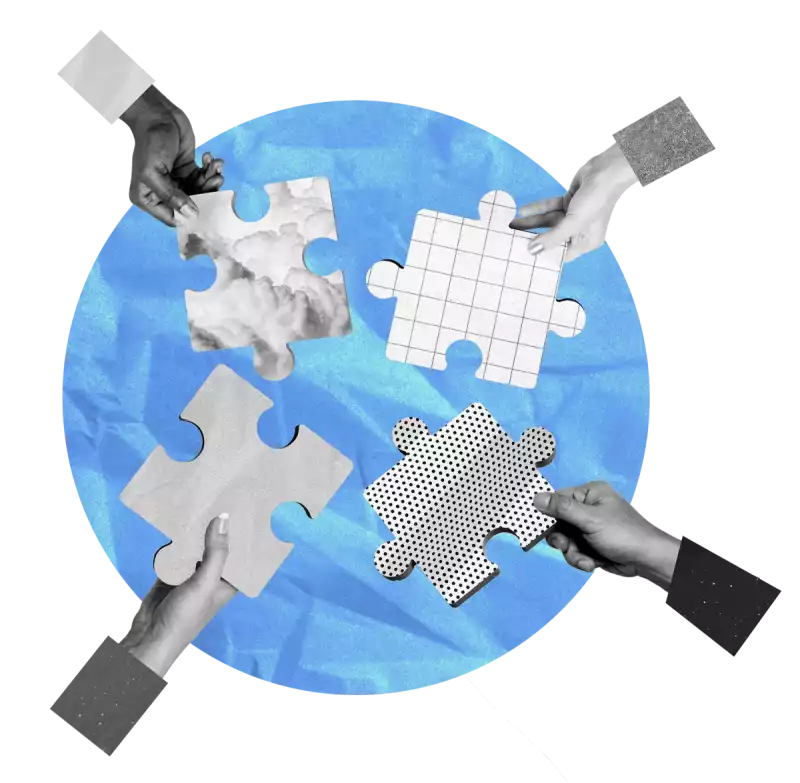This Policy Brief distils recommendations for Collective Action practitioners based on empirical insights on certain forms of corruption involving private-sector actors.
Field research carried out in Tanzania and Uganda produced detailed case studies that show how informal networks link private and public sector actors to pursue common illicit goals, such as gaining an unfair business advantage, avoiding a sanction, decreasing taxes owed or jumping the queue at the point of delivery of public services. Corruption, most often bribery, is the currency that works to cement and nurture those networks.
This Policy Brief is based on that research and a series of in-depth interviews with Collective Action practitioners working in Africa, Eastern Europe and Latin America. The goal is to extract insights from what we have learned about the networks that fuel corruption and discuss implications for anti-corruption Collective Action initiatives.
About this Policy Brief
This publication is part of the Basel Institute on Governance Policy Brief series, ISSN 2624-9669.
It is licensed under a Creative Commons Attribution-NonCommercial-NoDerivatives 4.0 International License (CC BY-NC-ND 4.0). Suggested citation: Baez Camargo, C., Costa, Hans,V., J., Koechlin, L. and Wannenwetsch, S. (2021) It takes a network to defeat a network: What Collective Action practitioners can learn from research into corrupt networks. Policy Brief 8, Basel Institute on Governance.
The research underpinning this Policy Brief was funded by the Global Integrity Anti-Corruption Evidence Programme, funded with UK Aid from the British people.











